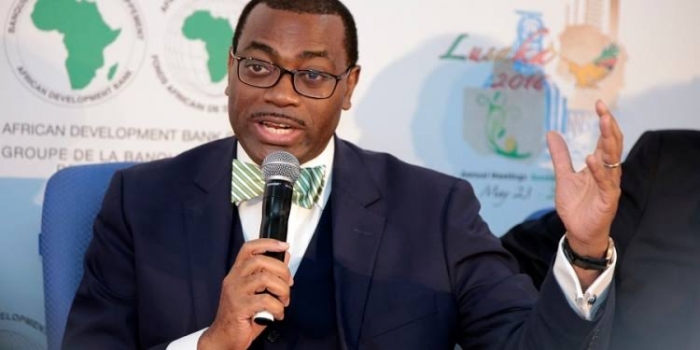African Development Bank (AfDB) President Akinwumi Adesina has revealed that Nigeria's economic situation is more dire than commonly understood, with GDP per capita having fallen to just $824—significantly lower than the $1,847 recorded at independence in 1960.
Speaking at the 20th anniversary dinner of investment firm Chapel Hill Denham in Lagos on Thursday, Adesina emphasized that "Nigerians are worse off than 64 years ago" and called for a radical transformation of the country's economic model.
Despite being Africa's largest economy by GDP, Nigeria's economic foundation remains fundamentally flawed and unsustainable, according to the AfDB chief. He attributed this decline to decades of policy failures, weak institutions, excessive dependence on oil exports, and persistent underinvestment in critical sectors.
"Nigeria belongs in the league of developed nations. To get there, we must shift our mindset and pursue rapid economic growth," Adesina stated.
He highlighted the stark contrast with South Korea, which had a lower GDP per capita than Nigeria in 1960 but has since developed into a global industrial powerhouse with per capita income now exceeding $36,000. Adesina emphasized that Nigeria's development challenges stem not from lack of potential but from failure to capitalize on it.
"Underdevelopment should not be accepted as our destiny. We must break free from this pattern," he insisted.
The AfDB President outlined five critical priorities to revitalize Nigeria's economy: universal electricity access, world-class infrastructure development, rapid industrialization, innovation-driven growth, and competitive agriculture.
Adesina stressed that Nigeria must implement bold structural reforms rather than superficial policy adjustments. "We need to invest in technology, infrastructure, and innovation. We must become Africa's industrial powerhouse," he said, citing the Dangote Refinery as an example of the transformative industrial projects needed.
He suggested that Nigeria should mobilize its substantial pension fund assets, diaspora expertise, and capital markets to finance such initiatives.
For reforms to succeed, Adesina emphasized the necessity of robust institutions, consistent policies, and good governance. Without a credible reform agenda, he warned, Nigeria will continue to miss global opportunities and fail its growing population.
"The Nigeria of 2050 must be deliberately shaped, developed, corruption-free, and lead the rest of Africa," he concluded.
